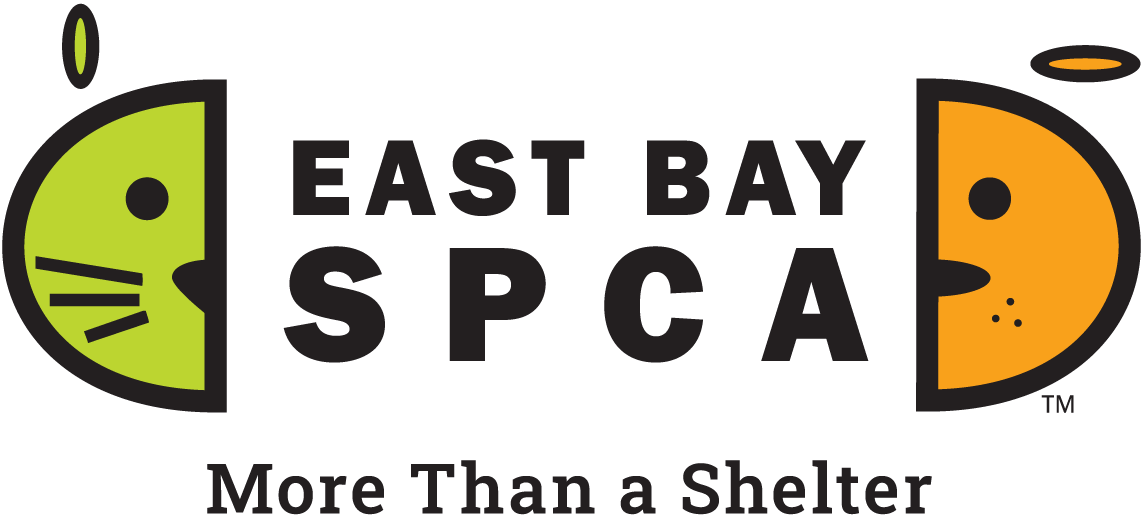Our Vision & Values
East Bay Society for the Prevention of Cruelty to Animals (East Bay SPCA), founded in 1874, is proud to be one of the oldest shelters in the country and one of the most innovative in our region.
Our mission is to transform the lives of cats and dogs by enriching the human-animal bond through respected and accessible expertise.
We are a local non-profit that is not affiliated with any national organization.
Our Vision
We envision a more compassionate world for people and companion animals.
Core Values
- Compassion: We value animals and people.
- Collaboration: We value working as a team with agencies both public and private to achieve similar goals.
- Innovation: We value being leaders in animal welfare.
- Stewardship: We value our limited resources and those who support us.
- Lives: We value the lives of the animals in our care and in our community.
Our Beliefs
We believe that people who choose to keep an animal dependent on their care are responsible for ensuring care of the animal for the duration of its life. This includes preventing neglect and cruelty and providing a good quality of life. All animals should be provided with:
- Appropriate food and water
- Veterinary care when needed
- Appropriate shelter from the elements
- Appropriate mental and emotional care
East Bay SPCA offers numerous programs that support people who need assistance in meeting the needs of their pets, including resources and referrals for pet owners in crisis who do not already know where else to turn for support.

